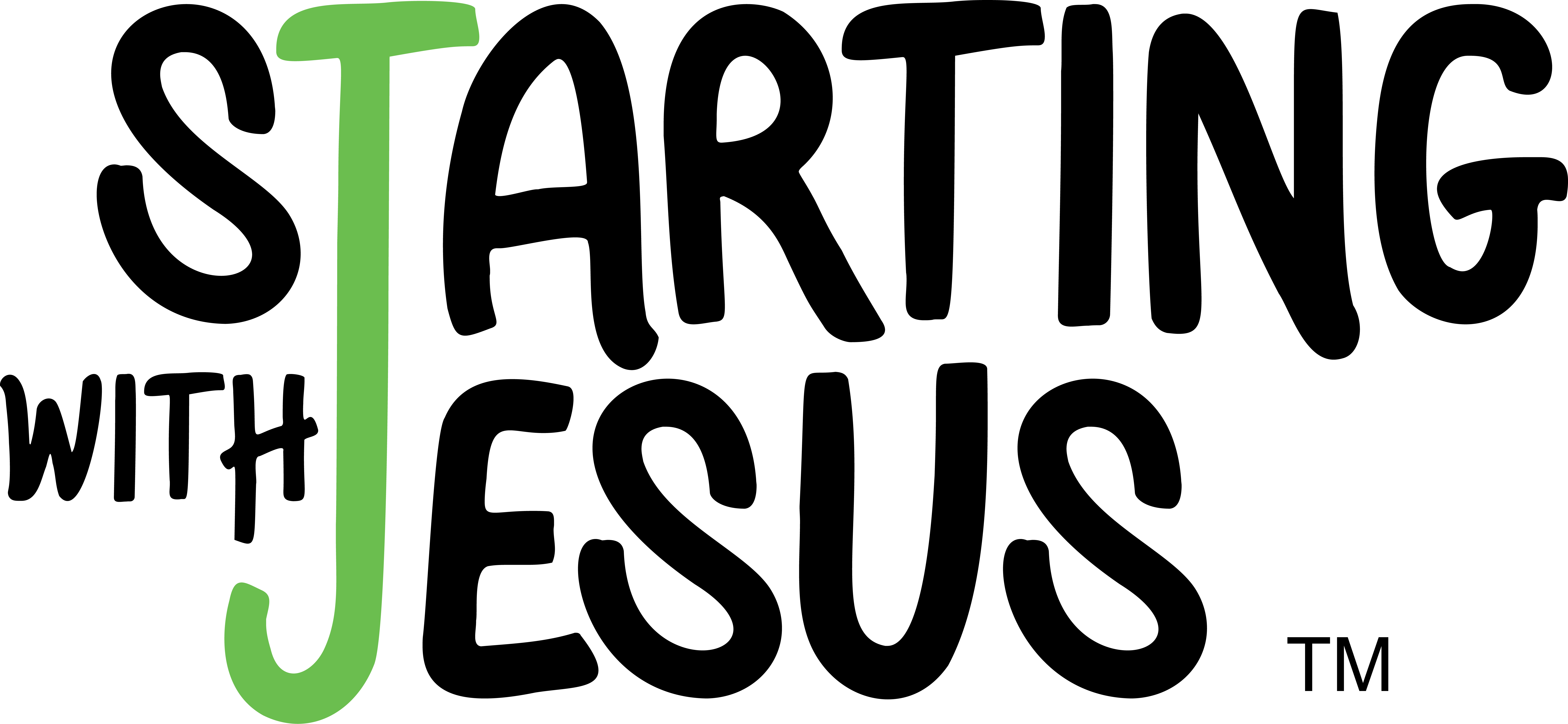

Lesson Thirty Four
REBELLION IN THE WILDERNESS
Memory Verse: Philippians 2:14
Further Study: Numbers 14:39-45; 16; 17; Patriarch and Prophets: pp. 392-405; The Bible Story, vol. 3, pp. 32-41
I’ve always had an interest in the American Revolution. I’m not completely sure why it captures my attention, but it does, and thus I’ve done a bit of reading on the subject including the biography, John Adams, by David McCullough. He quotes Adams as saying:
“I’ve always been dissatisfied, I know that. But lately I find that I reek of discontentment. It fills my throat, and it floods my brain. And sometimes I fear there is no longer a dream, but only the discontentment.”
Adams says this in the context of his dream of American independence from Britain. Of his own admission, he described himself as “obnoxious, suspected and unpopular,” but continued to push his cause of independence forward. Now he is known as one of the Founding Fathers of America.
To be quite honest, I can relate in some ways to what Adams has said—not the unpopular, obnoxious personality, but dissatisfaction. At certain points in my life, I’ve known it to fill my soul as well. It starts as an irritation with a church member, colleague, or situation; leads to annoyance and on to frustration. Hopefully you can relate, and I’m not alone with John Adams as the only two who have ever felt the challenges of discontentment.
Korah, the focus of our lesson this week, also was dissatisfied. He, too, went down the road toward frustration. As I pondered his story, one that ends badly, I was startled to recognize we had something in common. Are we the same or are we different?
Different. And here’s why. To become frustrated isn’t wrong. John Adams in his frustration pushed forward a new idea—a new nation. Frustration can lead to creating something better, and, more importantly, the chances rise exponentially if one turns to God for resolution. After frustration should come prayer to change the individual, the situation, or yourself. But in Korah’s case, his next step was self-exaltation and the spreading of false information in order to gain followers for his cause. Ellen White describes Korah rejecting the light and darkening his mind (PP, p. 404). Korah totally lost sight of God who was literally right outside his tent flap.
The other night I had to get up and maneuver my way through the house to the kitchen. Without turning on a light I easily made it to my destination in complete darkness. I could see the shapes of pictures on the walls, furniture, and toys to avoid. It was when I got to the kitchen and had to get something from the cupboard I realized I couldn’t see well enough to get what I needed and had to turn on the light. The room was flooded with brightness and my eyes suddenly realized that I wasn’t seeing as well as I thought. I had only believed that I could.
Our lives can be like that walk in the darkness. We gradually move farther and farther from the light of God’s presence until we think we’re living as we should, when in actuality we are walking in darkness. The solution is found in a well-known chorus:
Turn your eyes upon Jesus
Look full in His wonderful face.
And the things of earth will grow strangely dim
In the light of His glory and grace.
How is it with you, friend? Are you walking in the darkness or the light?
Digging Deeper
Korah’s experience is one that should be studied again and again. Two significantly important events—the Golden Calf and Korah and his followers—were serious threats to Israel. In the first, God was replaced, while in the second God was ignored.
“He who would confess Christ must have Christ abiding in him. He cannot communicate that which he has not received. . . . Men (women) may deny Christ by evil speaking, by foolish talking, by words that are untruthful or unkind. They may deny Him by shunning life’s burdens, by the pursuit of sinful pleasure. They may deny Him by conforming to the world, by uncourteous behavior, by the love of their own opinions, by justifying self, by cherishing doubt, borrowing trouble, and dwelling in darkness. In all these ways they declare that Christ is not in them. And “whosoever shall deny Me before men,” He says, “him will I also deny before My Father which is in heaven.” (The Desire of Ages, p. 357)
Making it Real
This story is challenging to each of us because of Korah’s spirit to stir others toward rebellion. Take the time this week to ask yourself some serious questions:
- Have I ever said things that might influence another to think wrongly of someone else?
- Have I ever been turned against an individual because someone told me something about them?
- If yes to either, how can I protect my mind and heart from such conversations?
Make “Turn Your Eyes Upon Jesus” your theme song this week. Sing it each morning and evening. How does it change the way you see things?
Respond & Share
How do you deal with discontentment? Please share with us in the comments!
_________
Merle Poirier writes from Silver Spring, Maryland, where she works as the operation manager for Adventist Review and Adventist World magazines as well as the designer for KidsView, a magazine for 8-12-year-olds. She enjoys spending time with her family including being the grandmother of two active little boys, who greatly enjoy Starting With Jesus.
Coming next week:
“A SAD MISTAKE”
PREVIOUS LESSONS


